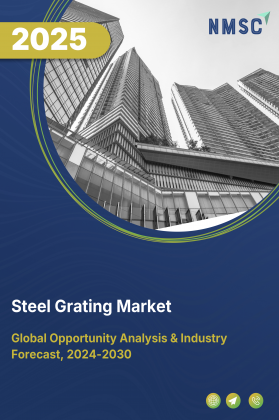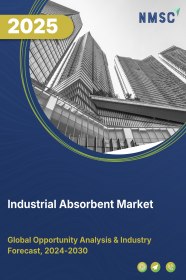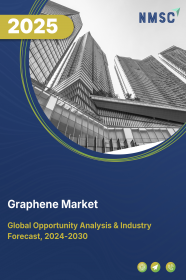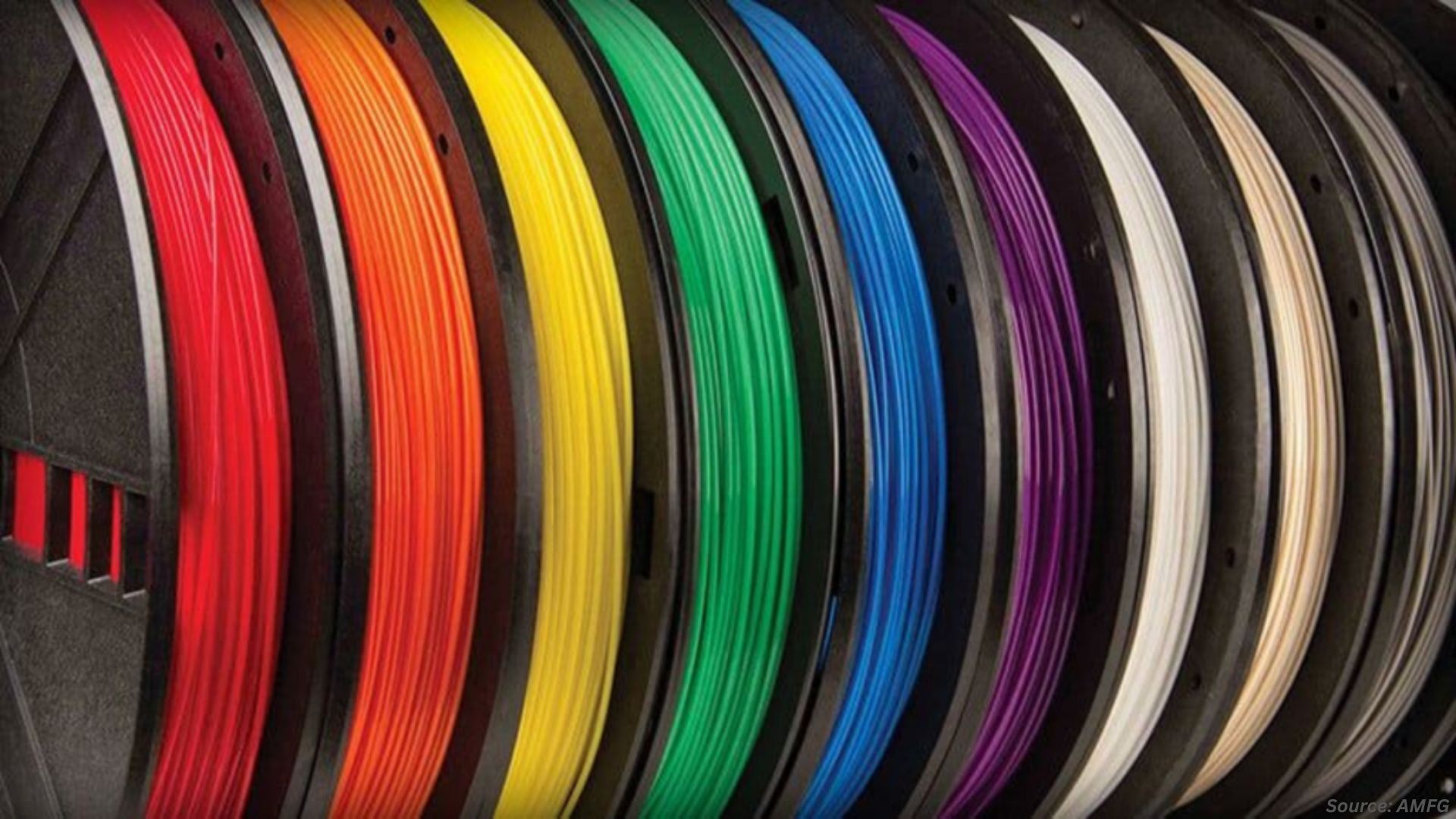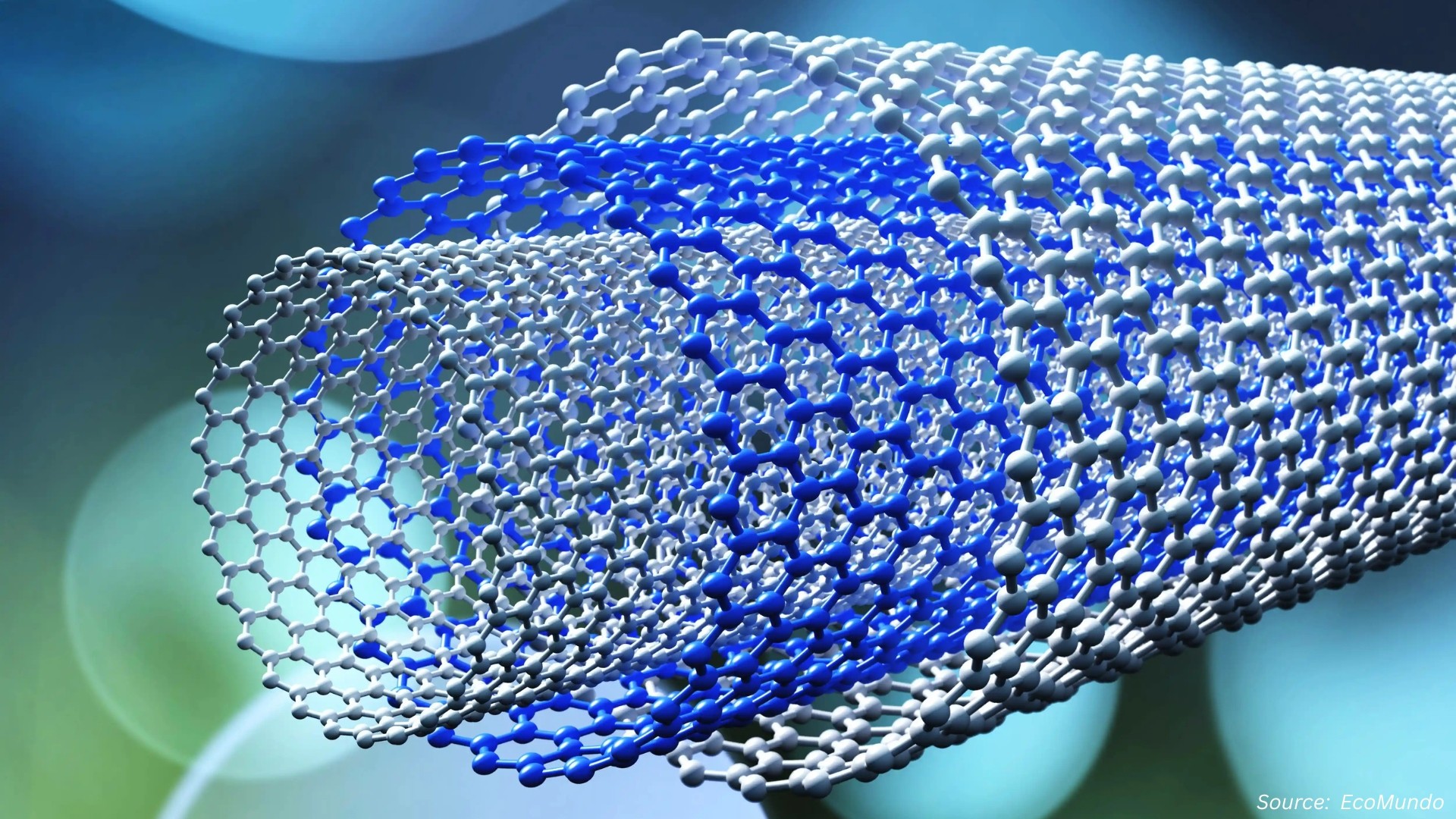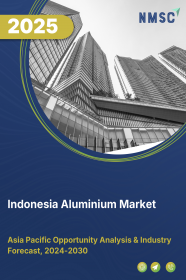
Indonesia Aluminum Market by Type (Primary and Secondary), by Product Type (Flat-Rolled, Castings, Extrusions, Forgings, Powder & Paste, and Other Types), by Alloy Series (1xxx Series, 2xxx Series, 3xxx Series, 4xxx Series, 5xxx Series, 6xxx Series, 7xxx Series), by End User Industry (Transportation, Machinery & Equipment, Construction, Packaging, Electrical Engineering, and Other End Users) – Opportunity Analysis and Industry Forecast, 2025–2030.
Industry: Materials and Chemical | Publish Date: 09-Sep-2025 | No of Pages: 140 | No. of Tables: 182 | No. of Figures: 107 | Format: PDF | Report Code : MC1360
Industry Overview
The Indonesia Aluminum Market size was valued at USD 2.66 billion in 2024 and is predicted to reach USD 4.35 billion by 2030, with a CAGR of 8.5% from 2025 to 2030.
The aluminum market in Indonesia refers to the supply and demand trend of aluminum that is one of the versatile and light weight metals used across different sectors such as automobile, aeronautics, building, packaging and electronics. Modern manufacturing and infrastructure development highly depend on aluminum that possesses the properties of corrosion resistance, conductivity, and recyclability.
The market involves the extraction of bauxite ore, refining into alumina, and smelting alumina to produce aluminum metal. Aluminum’s properties such as strength, corrosion resistance, and conductivity make it essential for modern manufacturing and infrastructure projects. Fluctuations in global trade policies, energy costs, and demand from emerging economies further shape the aluminum market, making it an important component of the industrial landscape.
Rapidly Expanding Construction Sector Drives Market Growth
The dynamic growth of Indonesia’s construction industry is a key driver fueling the expansion of the aluminium market. Significant investments in infrastructure development—spanning roads, bridges, airports, and commercial and residential buildings—have led to increased demand for aluminium, prized for its durability, lightweight nature, and corrosion resistance. These qualities make aluminium an ideal material for modern construction applications, including structural frameworks, cladding, and roofing. In response to rising demand, domestic aluminium producers are scaling up their production capabilities to support ongoing and upcoming projects. According to recent data from the Indonesian government, the construction sector contributed approximately 9.86% to the country’s GDP in 2023, ranking it as the fifth largest economic sector, highlighting its critical role in driving growth within the aluminium industry.
Growth Of The Automotive Industry Accelerates Aluminium Demand
Indonesia’s expanding automotive sector is another significant catalyst propelling aluminium market growth. As automakers focus on developing lighter, more fuel-efficient vehicles to comply with increasingly stringent emissions and efficiency standards, aluminium’s combination of light weight and strength has made it a preferred material for vehicle manufacturing. This rising demand encourages local aluminium producers to enhance their production capacity to meet automotive industry requirements. Data from the International Organization of Motor Vehicle Manufacturers (OICA) shows that vehicle production in Indonesia surged from 890,000 units in 2021 to 1.18 million units in 2023, reinforcing the country’s growing influence in the global automotive supply chain. This production growth is expected to sustain a strong upward trajectory for aluminium consumption in the coming years.
Environmental Concerns Limit Aluminium Market Growth
Environmental challenges pose a significant restraint on the growth of Indonesia’s aluminium market by imposing stricter regulatory requirements and elevating production costs. Aluminium manufacturing is an energy-intensive process that generates considerable greenhouse gas emissions and contributes to environmental degradation, including air and water pollution. In response, the industry is subject to stringent environmental regulations aimed at reducing its ecological footprint. Compliance with these regulations often necessitates substantial investments in cleaner technologies, emission control systems, and sustainable practices, all of which increase operational expenses.
Moreover, growing environmental awareness among consumers, investors, and other stakeholders exerts additional pressure on companies to prioritize sustainability, which can slow production expansion and limit aggressive market growth strategies. These combined factors present ongoing challenges for the aluminium sector, potentially restricting its competitiveness and pace of development in Indonesia’s evolving market landscape.
Ai-driven Sorting Of Mixed Aluminium Alloy Scrap Offers Significant Market Opportunities
The adoption of artificial intelligence (AI) technologies for sorting mixed aluminium alloy scrap presents a promising opportunity to advance the aluminium market in Indonesia. Traditionally, sorting aluminium scrap has been a manual, labor-intensive, and time-consuming process that limits operational efficiency and accuracy. The integration of AI and machine learning enables scrap processors and smelters to automate and optimize this sorting process by accurately identifying and classifying various aluminium alloy types based on their composition and purity.
This technological advancement significantly reduces labor costs and processing times while enhancing the quality of recycled aluminium feedstock. AI-driven sorting ensures higher purity levels in recycled aluminium, which aligns with the stringent quality requirements of diverse end-use industries such as automotive, aerospace, and construction. Additionally, the improved efficiency and precision fostered by AI contribute to greater resource utilization and waste reduction, reinforcing sustainability efforts within Indonesia’s aluminium sector. By supporting circular economy principles, AI-powered sorting technologies stand to strengthen the industry’s environmental performance and competitiveness in both domestic and global markets.
By Product Type, Extrusions Dominates the Indonesia Aluminum Market Share
Extrusions holds the dominating segment in the Indonesia aluminum industry due to their versatility, efficiency and cost-effectiveness. This type of product is widely used across industries such as construction, automotive and packaging driven by its ability to be molded into complex shapes while maintaining structural integrity.
Industries benefit from their adaptability as extrusions can be molded to specific designs without compromising on production speed or quality. Additionally, advancements in extrusion technology have enhanced precision that enables manufacturers to meet diverse consumer demands effectively.
By Type, Secondary is Expected to Achieve Highest CAGR Growth Through 2030
Secondary aluminum, produced by recycling aluminum scrap, is gaining significant traction due to its cost effectiveness and environmental benefits. This type requires less energy compared to primary aluminum production, aligning with the increasing focus on sustainability and reducing carbon emissions.
The rising adoption of secondary aluminum in industries such as automotive, construction, and packaging is driven by its comparable quality and lower production costs. With growing recycling initiatives and the demand for eco-friendly materials, secondary aluminum is expected to witness the highest CAGR in the market, showcasing its potential to drive future growth in the aluminum industry.
Competitive Landscape
The Indonesia aluminum industry comprises various key market players, such as PT Indonesia Asahan Aluminium (Inalum), PT Hua Chin Aluminum Indonesia, PT Indal Aluminum Industry Tbk, PT Alumindo Light Metal Industry Tbk, PT Mega Persada Group (MPG), PT. Inkasa Jaya Aluminum, PT Alko Aluminium, PT Aneka Tambang Tbk (Antam), PT Well Harvest Winning Alumina Refinery, PT Makmur Jaya Saputra Perkasa, PT HP Metals Indonesia, PT Calindo Damai Sejahtera Abadi, PT. ALEXINDO (Aluminium Extrusion Indonesia), PT Alakasa Industrindo, Tbk., PT Indoaluminium Intikarsa Industri, Alutech Aluminium Extrusion Indonesia, PT Sri Indah Aluminium Extrusion, PT Alcomex Indo, YKK AP Indonesia, PT Super Bond Indonesia and others.
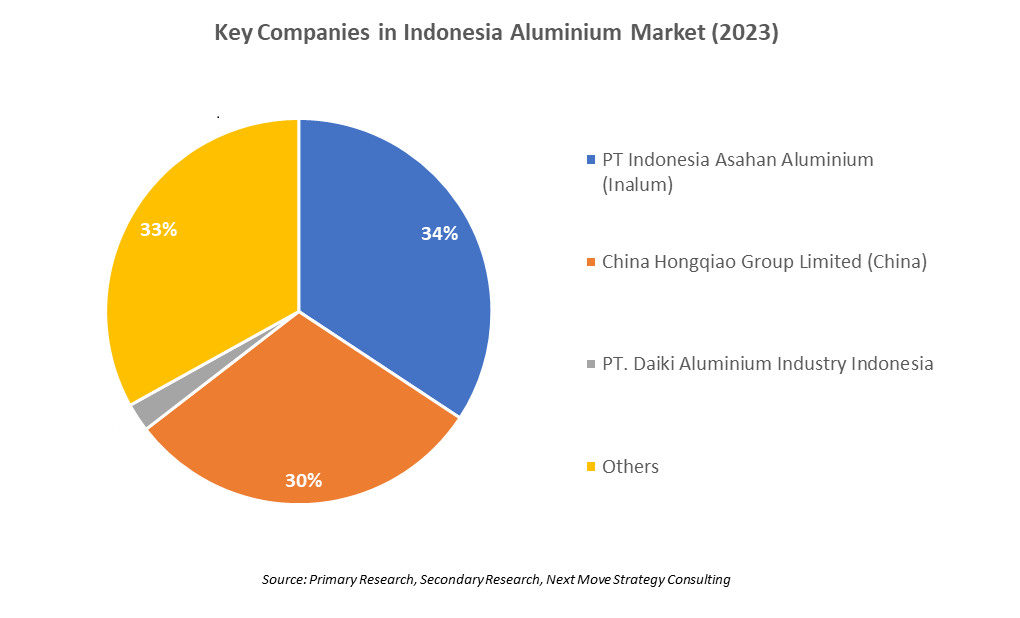
Note: To access the most up-to-date market share information, consider purchasing our detailed report.
These market players are adopting various strategies including product launches across various regions to maintain their dominance in Indonesia aluminum market. By continuously innovating and launching new offerings, they aim to meet the evolving demands of customers and also enables them to capture new opportunities and expand their market share.
|
DATE |
COMPANY |
RECENT DEVELOPMENTS |
|
January 2024 |
PT Indonesia Asahan Aluminium (Inalum) |
Inalum launched two significant aluminum-related projects. One project involves building an aluminum smelter in West Kalimantan with a production capacity of 1 million metric tons per year, while the other focuses on developing a bauxite mining and refining complex in North Kalimantan. |
|
January 2024 |
PT Indonesia Asahan Aluminium (Inalum) |
Inalum announced to expand its aluminum smelter located in Kuala Tanjung. The expansion project aims to increase the smelter's production capacity and strengthen the company’s position in the global market. |
|
December 2021 |
PT Well Harvest Winning Alumina Refinery (Hongqiao JV) |
This refinery, majority-owned by China’s Hongqiao Group, became Indonesia’s first overseas alumina refinery in West Kalimantan, with a 2 Mt/year capacity in Phase II. Phase II production was fully operational by December 2021 |
Indonesia Aluminum Market Key Segments
By Type
-
Primary
-
Secondary
By Product Type
-
Flat-Rolled
-
Castings
-
Extrusions
-
Forgings
-
Powder & Paste
-
Billets
-
Wire Rods
-
Other Types
By Alloy Series
-
1xxx Series
-
2xxx Series
-
3xxx Series
-
4xxx Series
-
5xxx Series
-
6xxx Series
-
7xxx Series
By End User Industry
-
Transportation
-
-
Aerospace
-
Automotive
-
Marine
-
-
Machinery and Equipment
-
Construction
-
Packaging
-
Food and Beverage
-
Cosmetics
-
Others
-
-
Electrical Engineering
-
Other End Users
Key Players
-
PT Indonesia Asahan Aluminium (Inalum)
-
PT Hua Chin Aluminum Indonesia
-
PT Indal Aluminum Industry Tbk
-
PT Alumindo Light Metal Industry Tbk
-
PT Mega Persada Group (MPG)
-
PT. Inkasa Jaya Aluminum
-
PT Alko Aluminium
-
PT Aneka Tambang Tbk (Antam)
-
PT Well Harvest Winning Alumina Refinery
-
PT Makmur Jaya Saputra Perkasa
-
PT HP Metals Indonesia
-
PT Calindo Damai Sejahtera Abadi
-
PT. ALEXINDO (Aluminium Extrusion Indonesia)
-
PT Alakasa Industrindo, Tbk.
-
PT Indoaluminium Intikarsa Industri
-
Alutech Aluminium Extrusion Indonesia
-
PT Sri Indah Aluminium Extrusion
-
PT Alcomex Indo
-
YKK AP Indonesia
-
PT Super Bond Indonesia
REPORT SCOPE AND SEGMENTATION:
|
Parameters |
Details |
|
Market Size in 2024 |
USD 2.66 Billion |
|
Revenue Forecast in 2030 |
USD 4.35 Billion |
|
Growth Rate |
CAGR of 8.5% from 2025 to 2030 |
|
Analysis Period |
2024–2030 |
|
Base Year Considered |
2024 |
|
Forecast Period |
2025–2030 |
|
Market Size Estimation |
Billion (USD) |
|
Growth Factors |
|
|
Companies Profiled |
20 |
|
Market Share |
Available for 10 companies |
|
Customization Scope |
Free customization (equivalent up to 80 working hours of analysts) after purchase. Addition or alteration to country, regional, and segment scope. |
|
Pricing and Purchase Options |
Avail customized purchase options to meet your exact research needs. |

















 Speak to Our Analyst
Speak to Our Analyst



